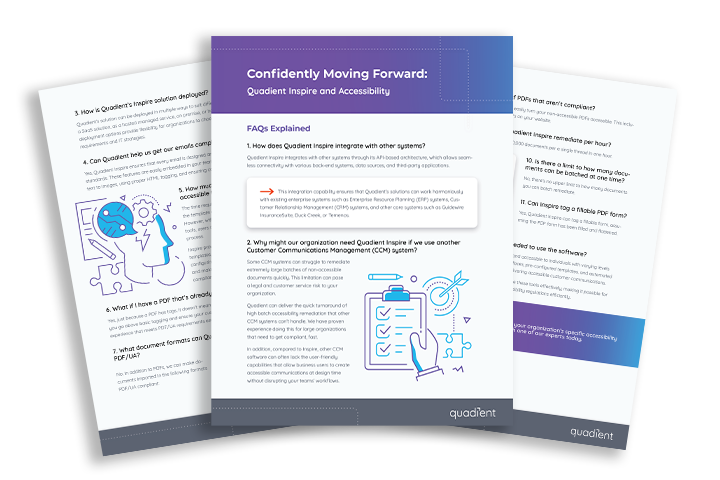
Consumers, politicians, and businesses now consider ecological sustainability to be one of the defining challenges facing the world.
In addition to the fundamental existential challenges discussed at global conferences like COP26, there are significant economic impacts caused by climate change.
Increased frequency of extreme weather events threatens supply chains. These instances of flooding, fires, and storms can cause physical damage to production centers and disrupt migrating labor and infrastructure. Research by the United Nations Development Program estimates that productivity losses due to climate change-related workplace disruption could top US$2 trillion by 2030 in the United States alone.
“Corporate social responsibility is a hard-edged business decision. Not because it is a nice thing to do or because people are forcing us to do it… because it is good for our business.” - Niall Fitzerald, former CEO of Unilever
Forbes reports that there are frequent blind spots for companies looking to engage in environmentally friendly practices. Even those who provide green products may be falling behind due to unsustainable internal practices. A chief culprit can be an over-reliance on manual and paper-based processes.
Though it may not be top-of-mind when it comes to sustainability, adopting ecologically sound practices in accounts receivable can make a tangible difference. Finance departments can drastically reduce their waste, cut costs, and lower their carbon footprint by changing to an AR automation process such as YayPay.
The High Cost of Manual Processes
When examining the environmental impact of a process like accounts receivable, it is important to take a holistic view of what goes into printing an invoice or sending physical mail. Tree harvesting and milling are needed to produce the paper, but that is not the end. There is also the carbon footprint inherent in the transportation of paper products, as well as in the creation and replacement of essential tools like printers and ink.

The average office worker goes through 10,000 sheets of paper in a single year — that is equivalent to one 45-foot tall pine tree.
One ton of A4 paper requires roughly 24 trees, a usage that is equivalent to 6 months' worth of energy in the average U.S. household. In addition, research has found that 45% of paper printed in offices is thrown away without being recycled by the end of the day.
Producing a single inkjet cartridge requires about 2.5 gallons of oil, and over 1.3 billion cartridges are manufactured each year. This has a substantive effect on CO2 levels, as one new mono toner cartridge is responsible for 10.6lbs of CO2 production. On top of that, 70-80% of them are used only once before ending up in the trash.
Not only is this extremely wasteful from a sustainability perspective, but it is also terrible for a company’s pocketbook. Gartner estimates that businesses spend 3% of their overall revenue on printing costs.
Paper-based manual processes are also incredibly inefficient and leave companies vulnerable. Statistics show that the average employee spends as much as 40% of their day searching for information kept in filing cabinets. Even more startling, 70% of businesses would fail within three weeks if they experience a catastrophic loss of paper-based records due to fire or flood.
AR Automation as a Catalyst for Change

With a cloud-based automation system like YayPay, organizations can drastically reduce paper and ink usage. Customer data is stored directly on the cloud, eliminating the need for costly and bulky paper filing systems while protecting records from potential damage in the event of natural disaster. Invoices are delivered digitally, as are follow-up communications, allowing companies to save on postage costs and do away with the waste produced by physical mail.
According to Lawrence Berkley National Laboratory, if workers in the United States embraced cloud computing, it could save enough electricity to power the city of Los Angeles, with application energy consumption dropping 87%. Additionally, Accenture found that cloud migration could drive a 65% decrease in energy consumption and an 84% lowering in carbon emissions.
A forecast released by the International Data Center estimates that the continued move to cloud computing could prevent the emission of over 2,204,622,800,000 lbs of CO2.
While helping to decrease carbon footprint, YayPay also provides significant financial benefits. Through YayPay’s automation, businesses can reduce their days sales outstanding (DSO) by 30-40%, freeing up cash for other operations and investments.
Embracing sustainability is an ongoing process for every business, but getting started on the journey can be as simple as taking a single step. To see how YayPay can help reduce paper waste, lower expenses, and increase cash flow, schedule a demo today.








